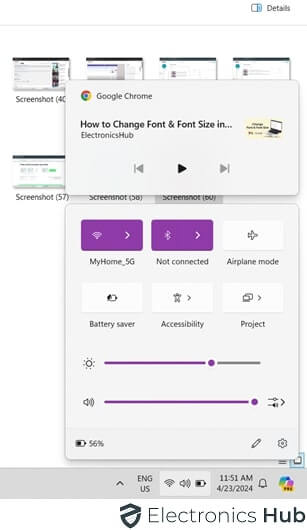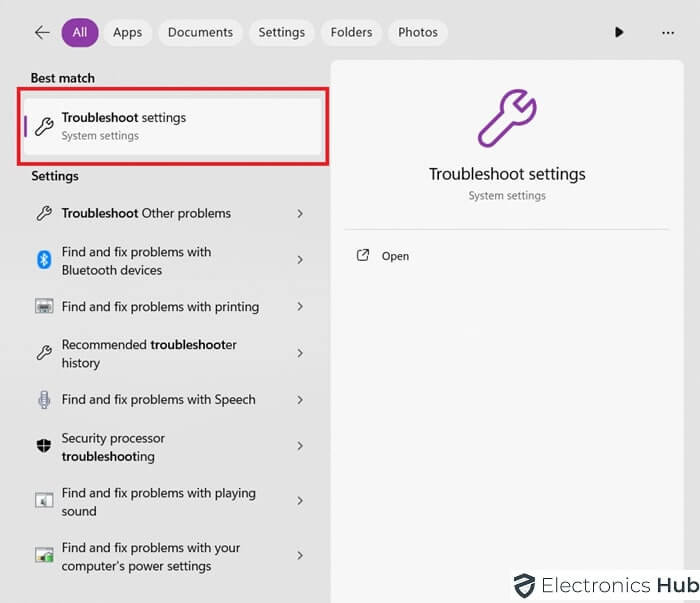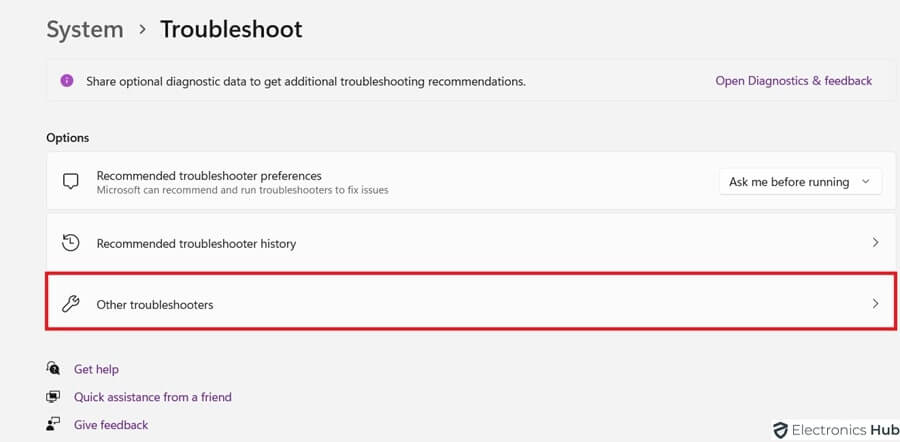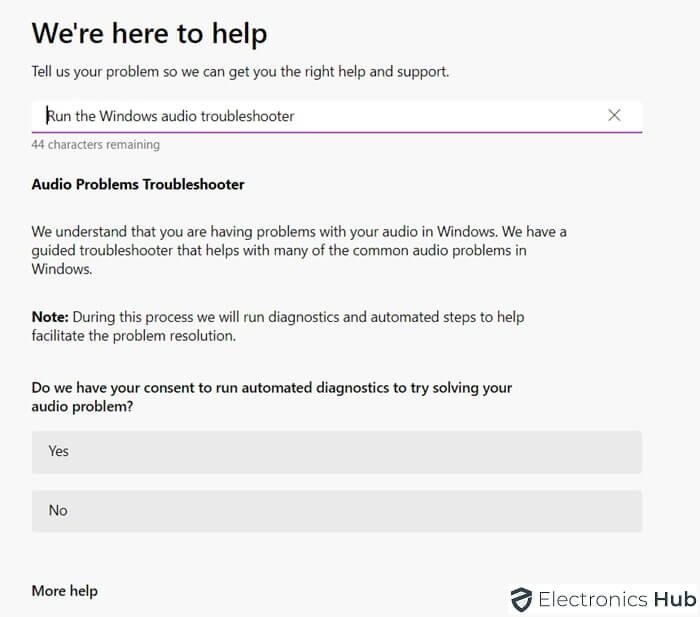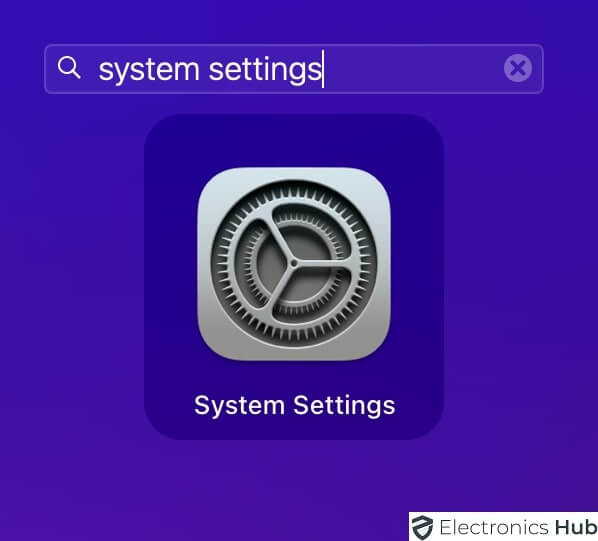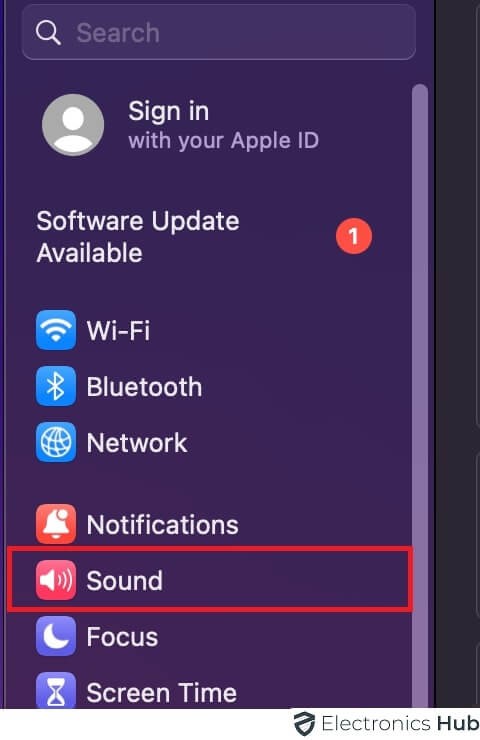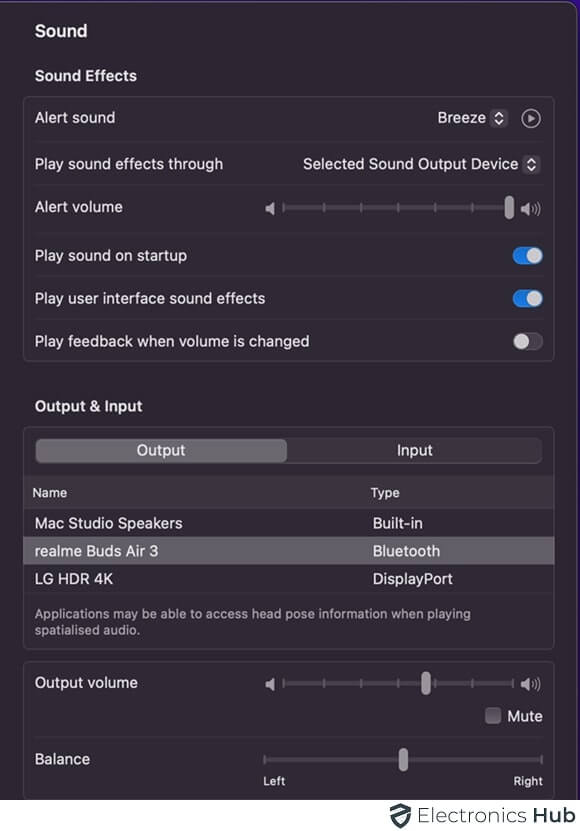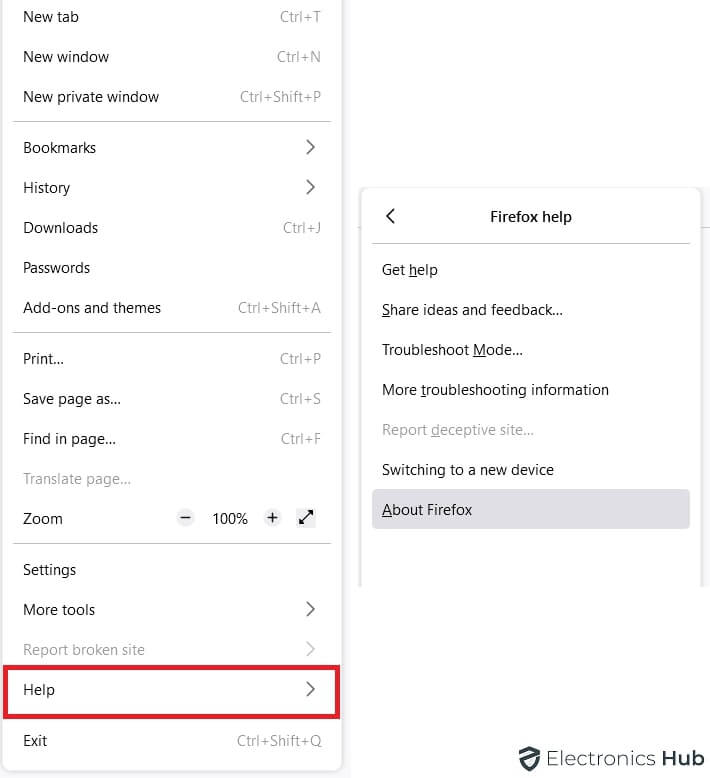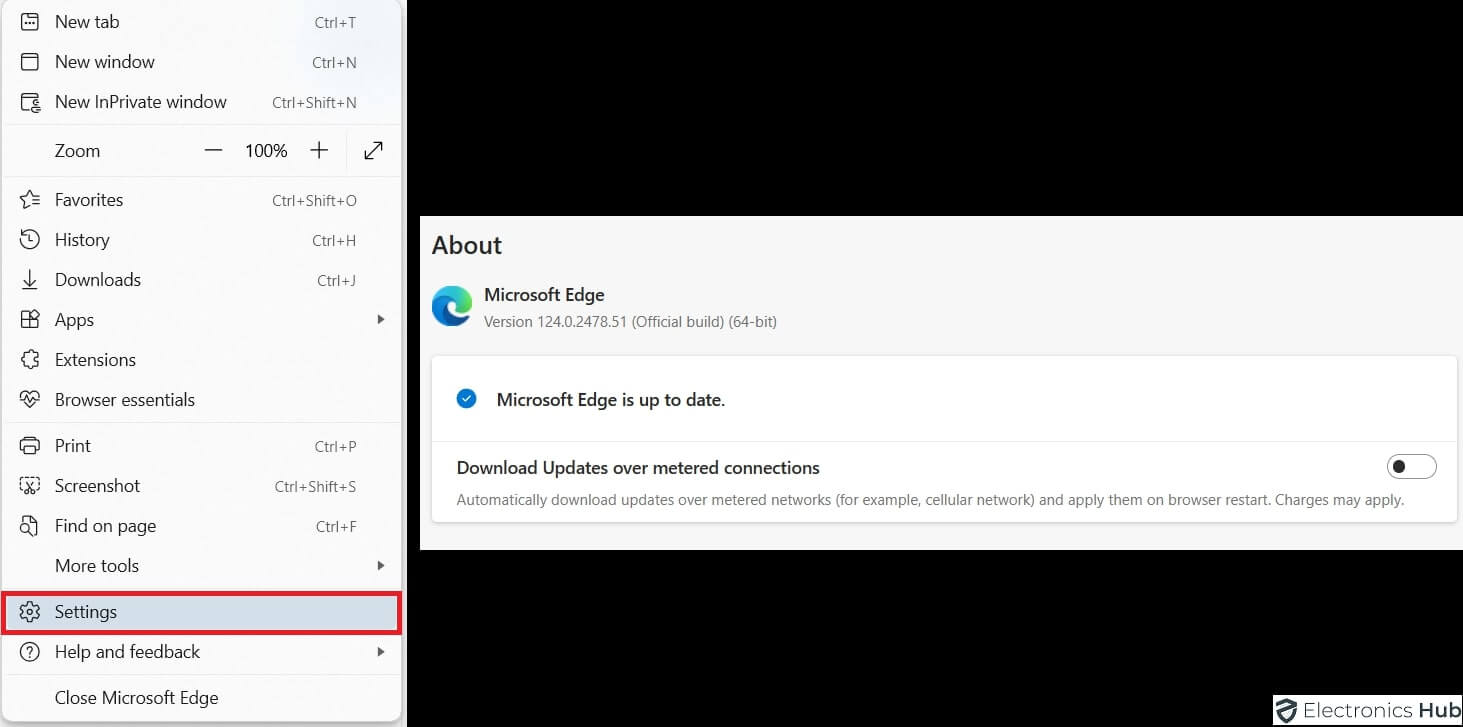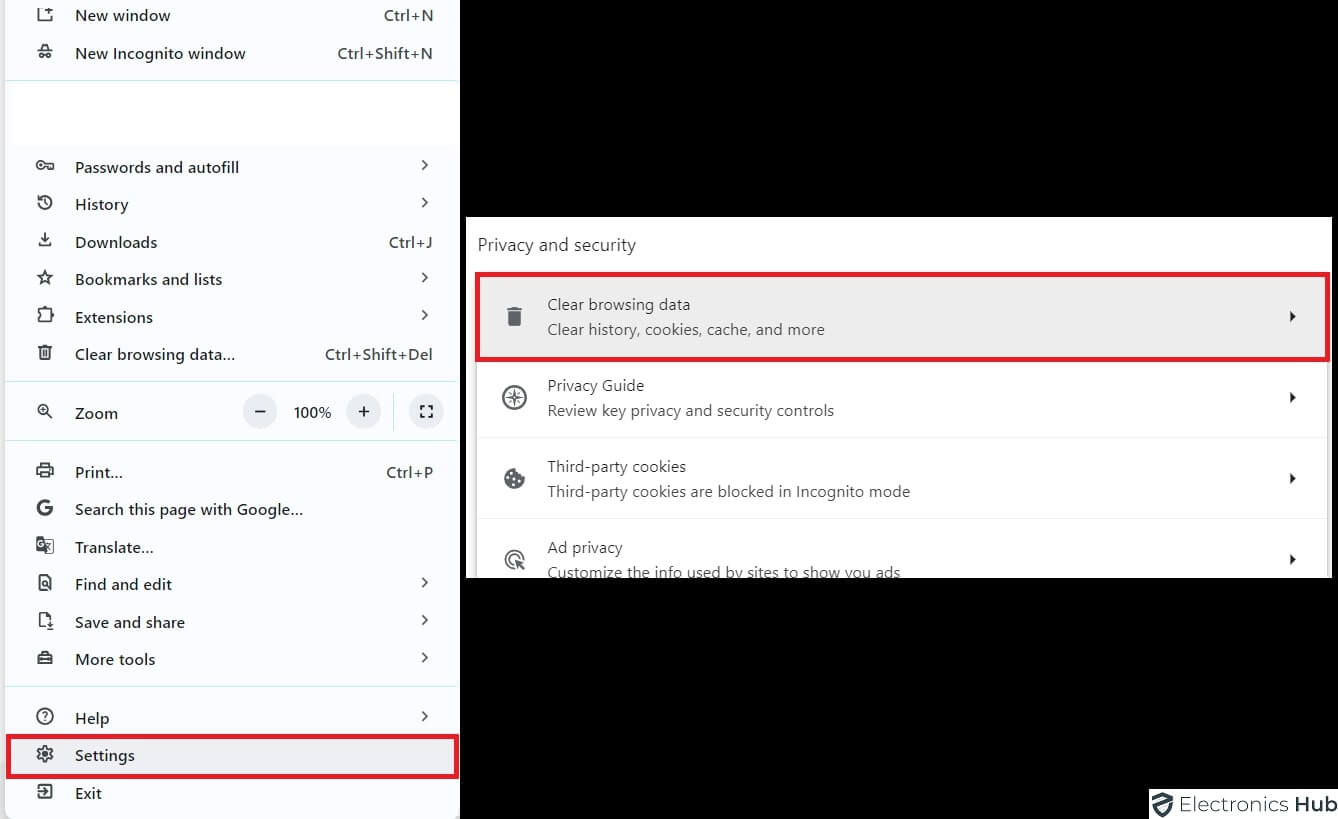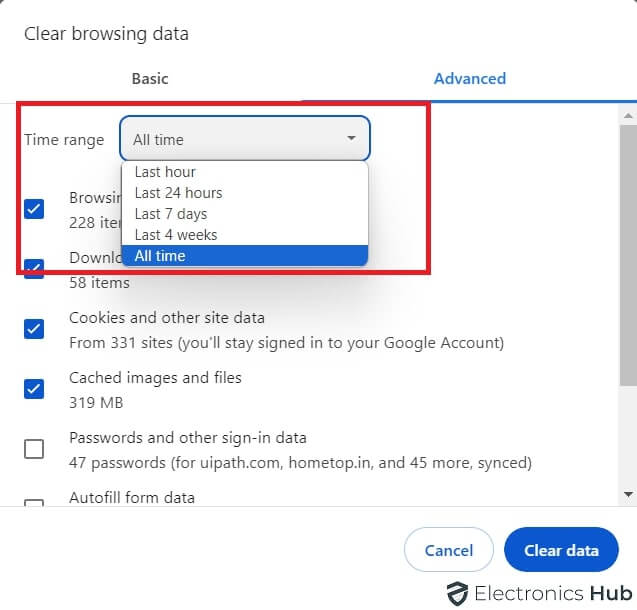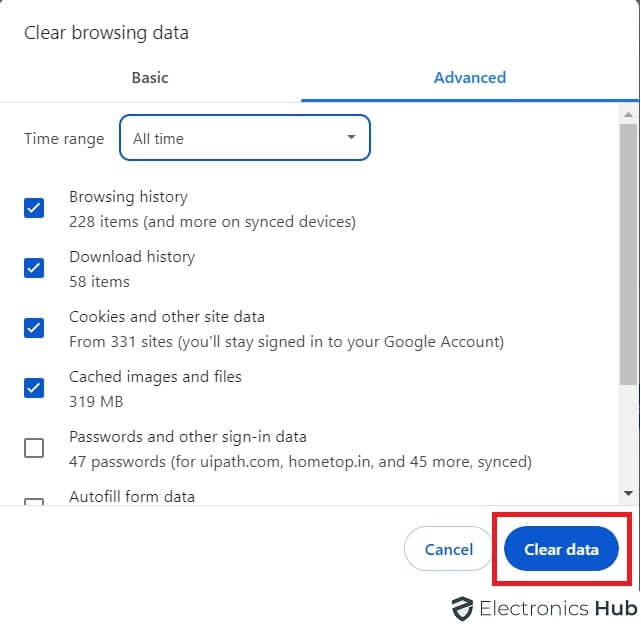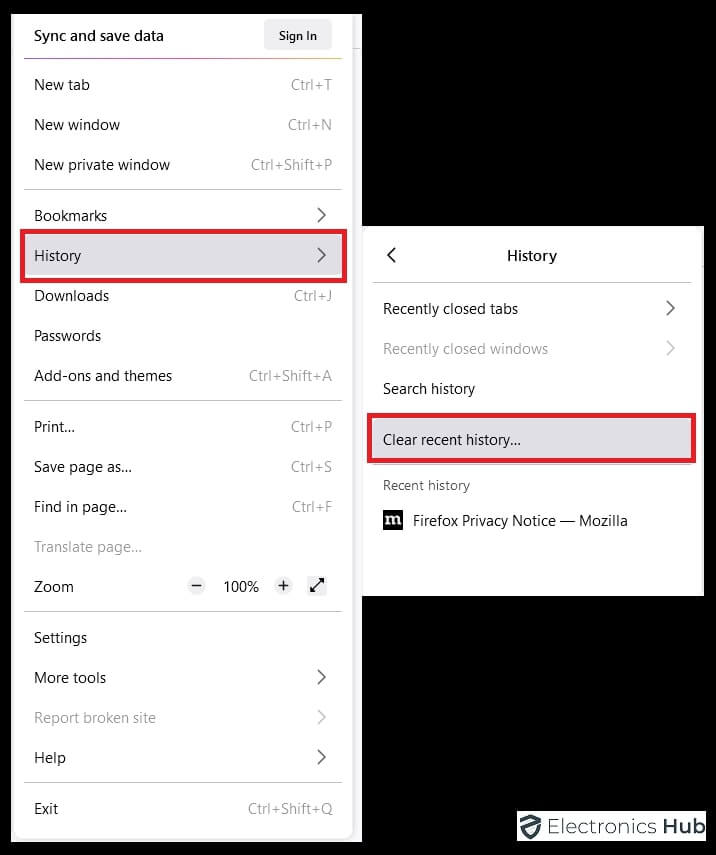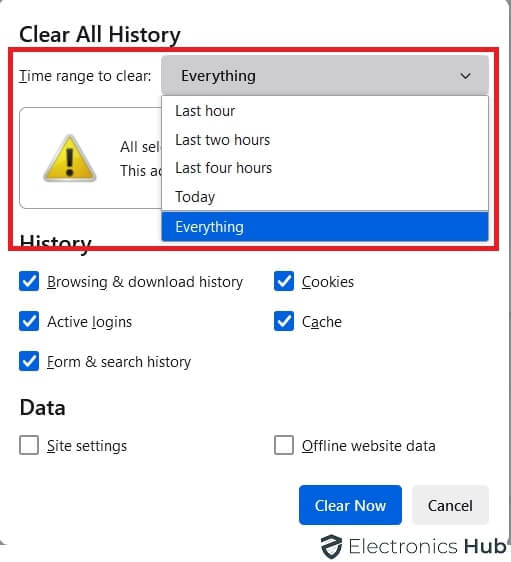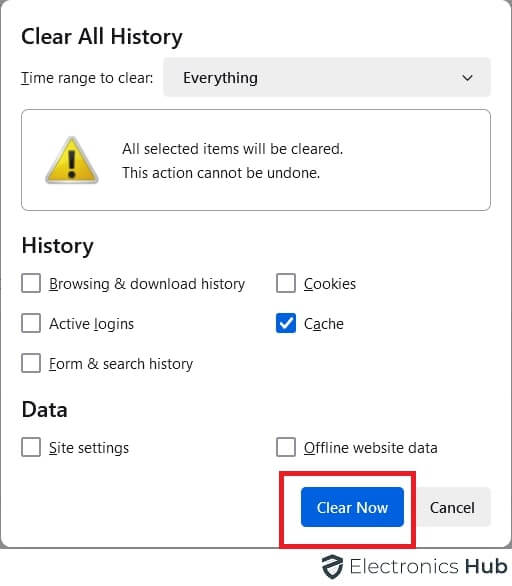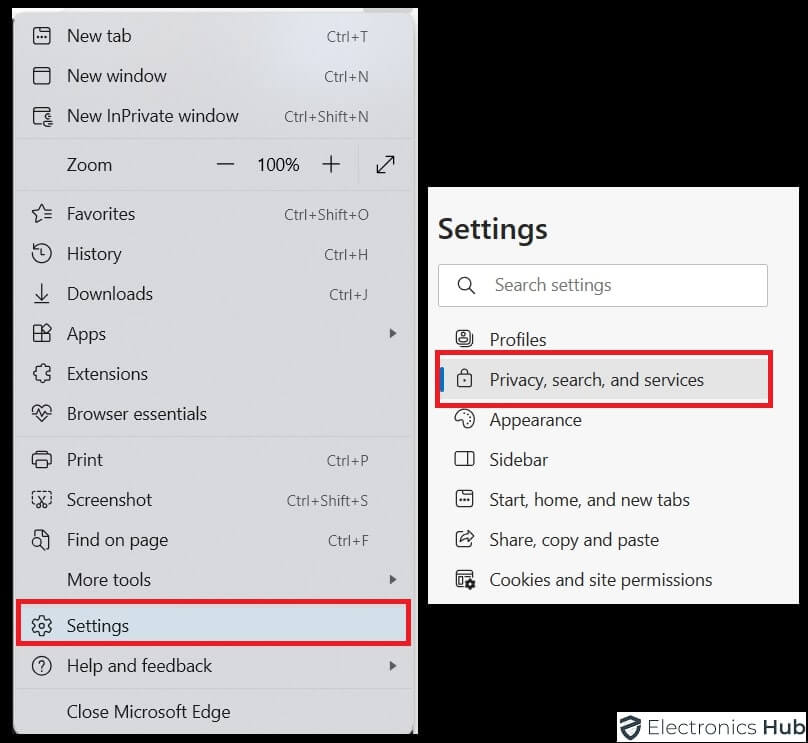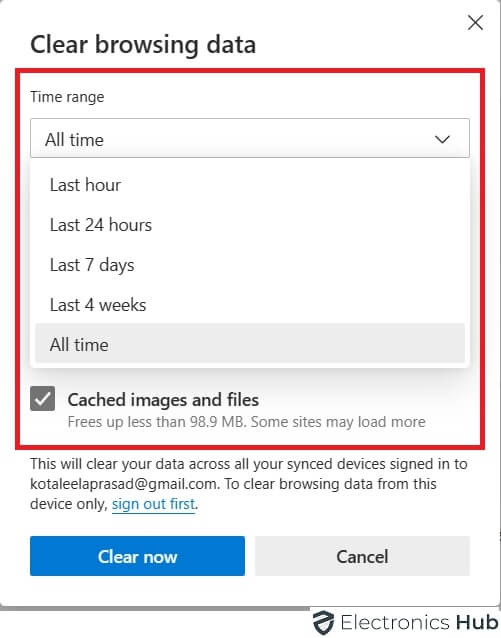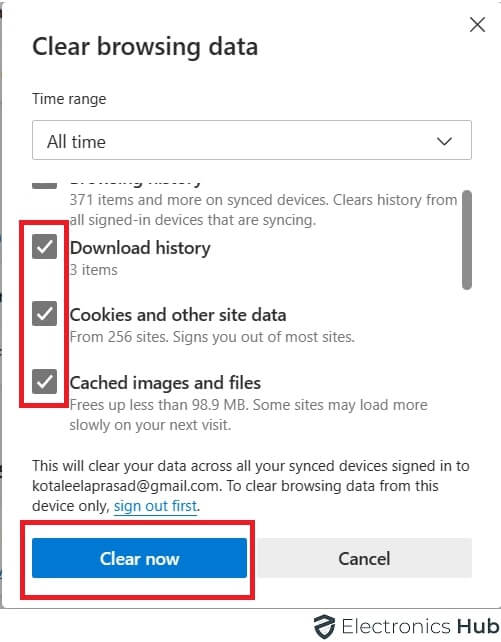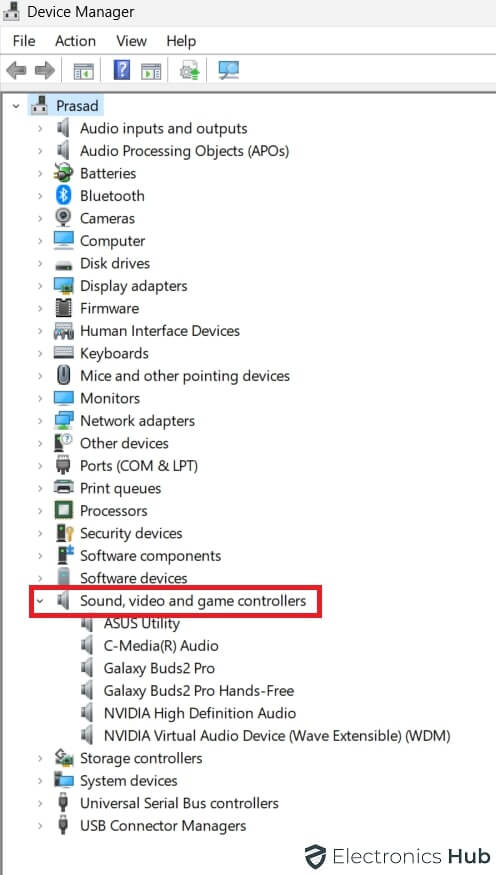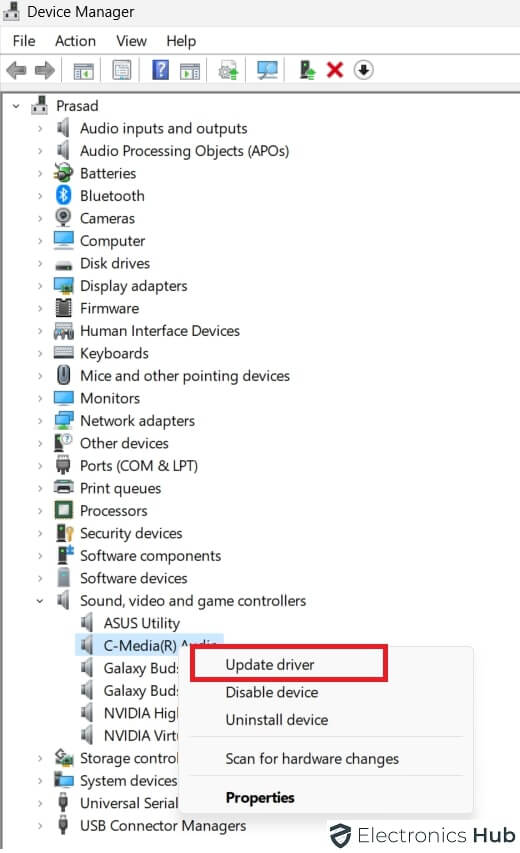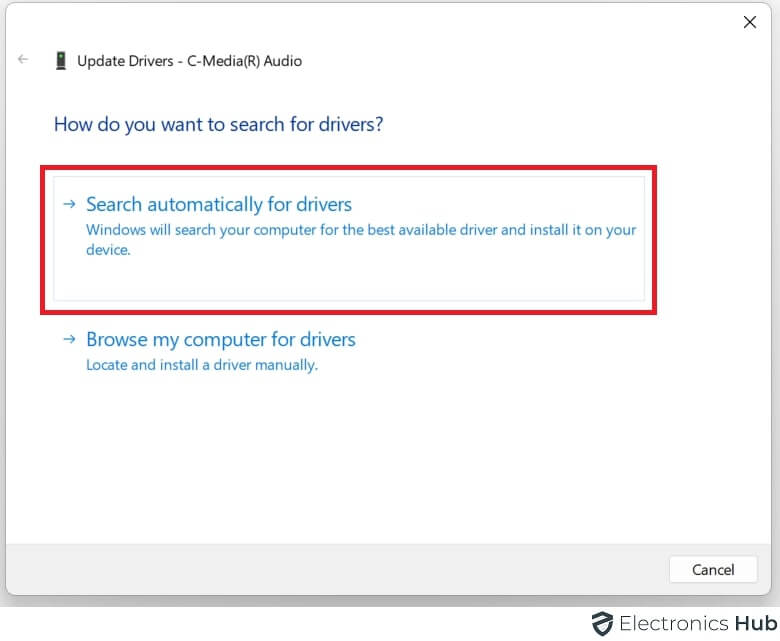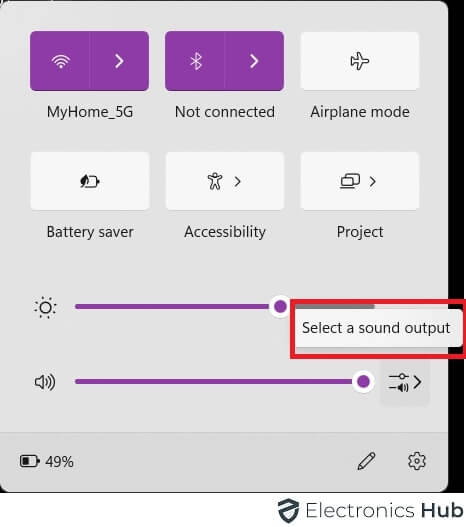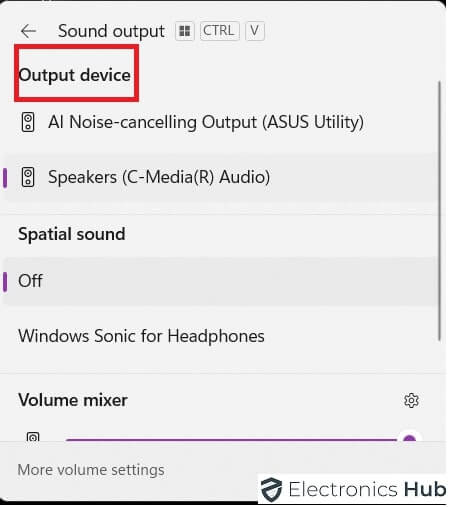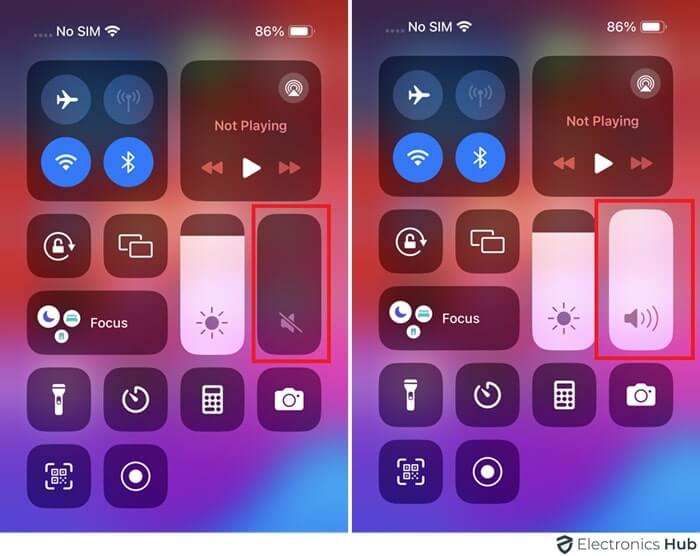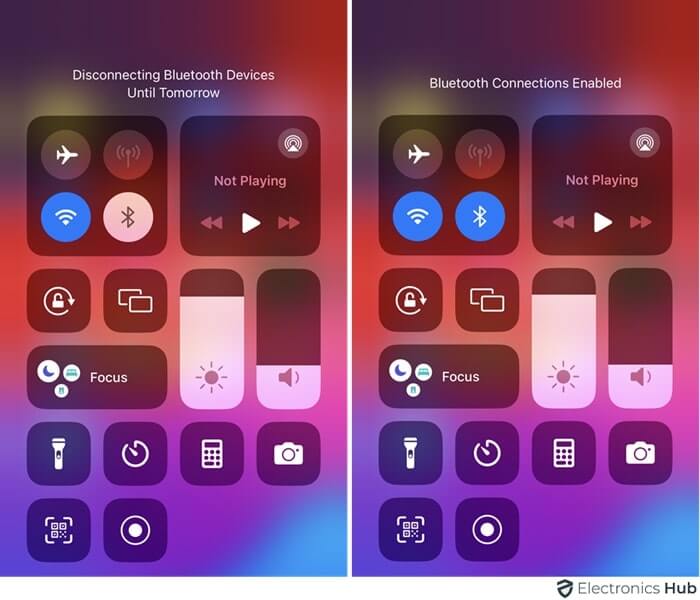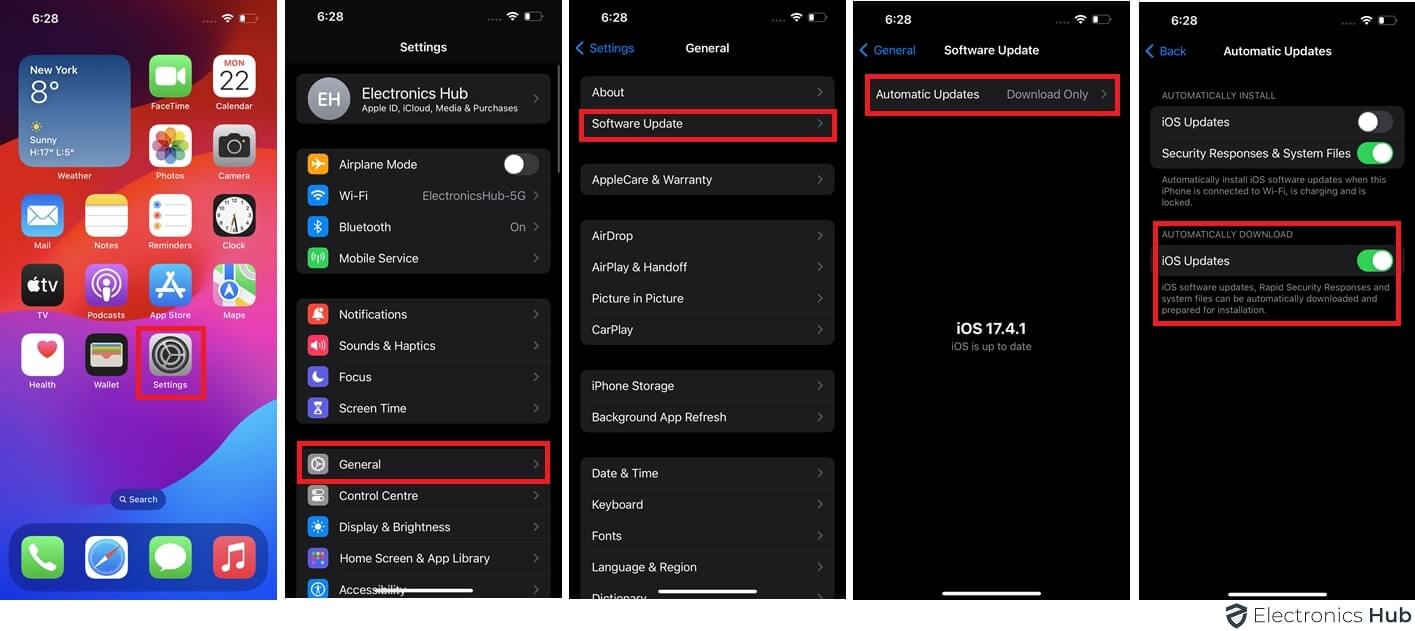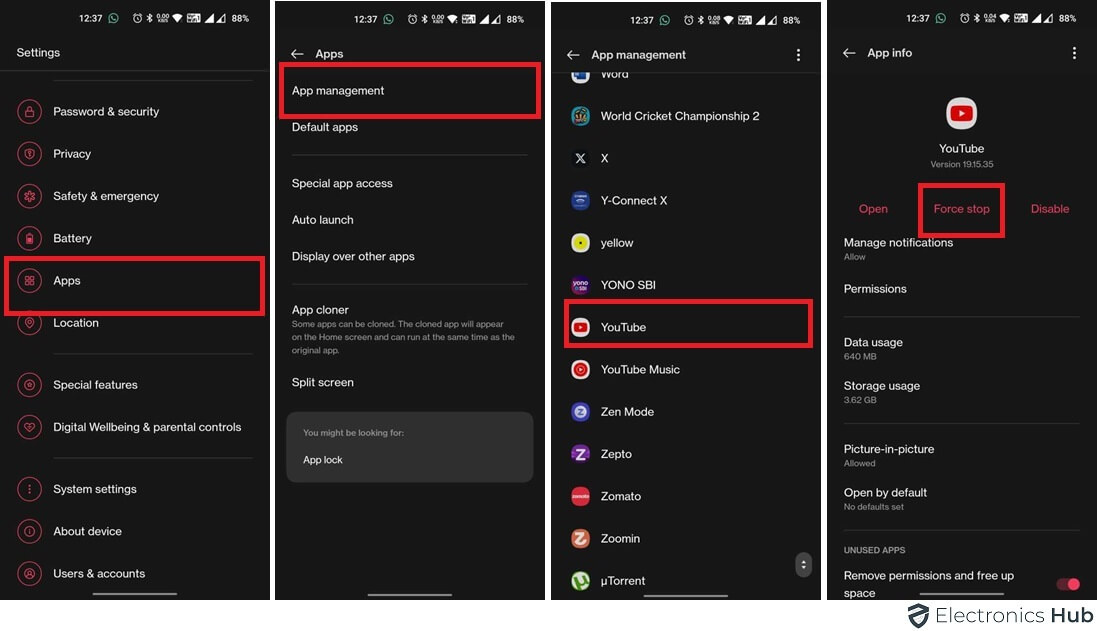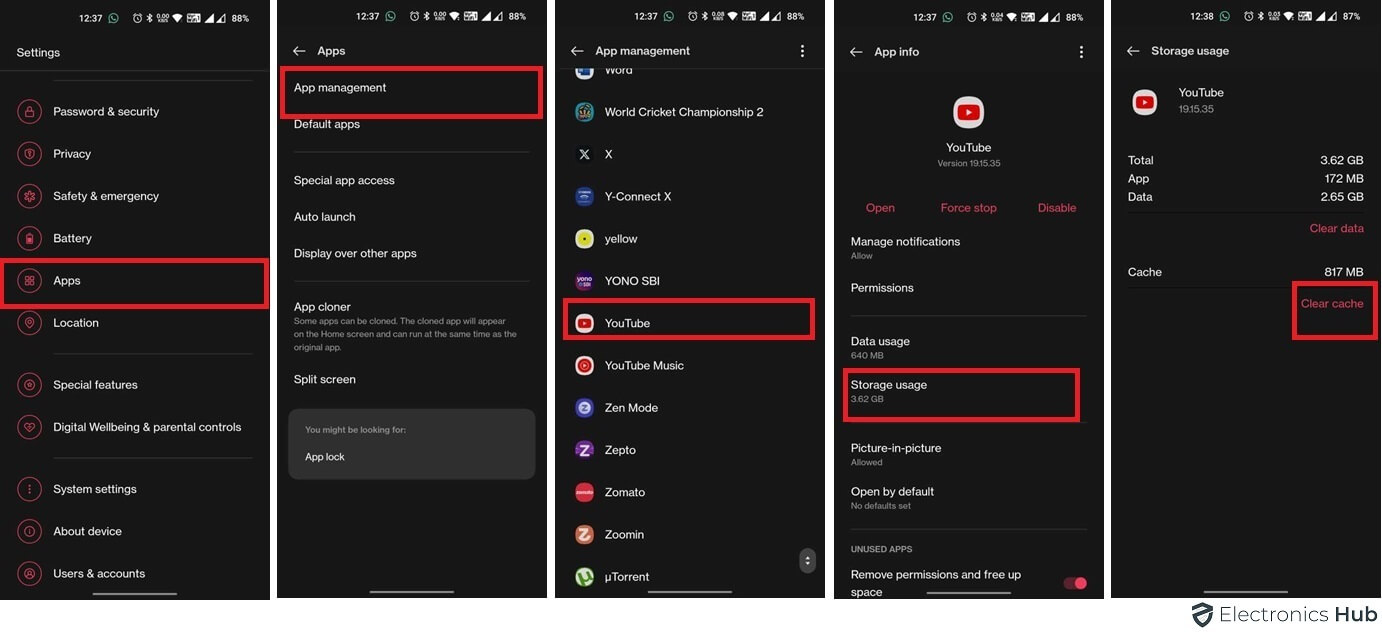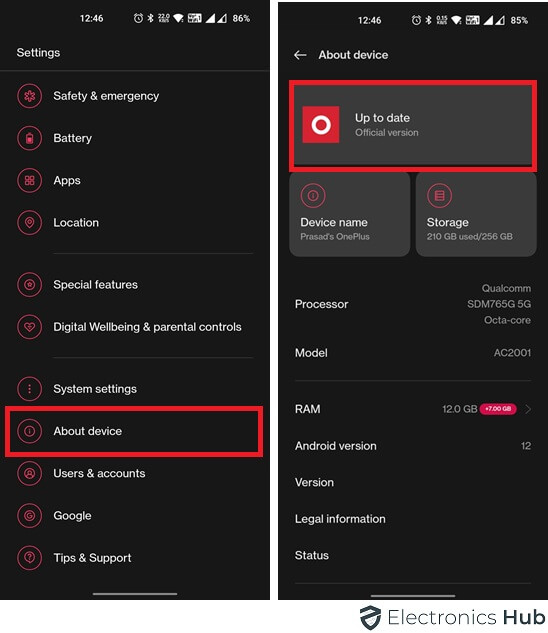Have you ever found the perfect YouTube video but it had no sound? This can be frustrating, especially when you’re ready to watch something interesting. Whether it’s a software problem or just a muted tab, we’ve some fixes to guide you. In this guide, We’ll share simple, effective ways to get the sound back on your YouTube videos.
Outline
ToggleSound Not Working in Youtube? Here’s Why
Having trouble getting the beat to drop on YouTube? Silenced videos are a common issue. Here are the top reasons why you might not be hearing sound on YouTube:
- Audio Settings: This could be an issue with either YouTube itself (muted video or browser settings) or your device’s overall volume being muted or set too low.
- Browser Issues: Sometimes, the problem might lie with your web browser. Conflicting extensions or outdated software can cause audio glitches.
- Device Sound Settings: Make sure your device’s sound settings aren’t accidentally muted or set to a low level.
- Adobe Flash Player (Though less common nowadays): While Adobe Flash Player is no longer supported, some older videos might still rely on it.
How To Fix “Sound Not Working in YouTube” (Computer)
Here’s a step-by-step guide to diagnose and fix sound not working in youtube for your computer:
1. Check the YouTube Audio Control:
- Open a YouTube video.
- Look for the speaker icon in the video player’s control bar.
- Click the speaker icon to unmute if it has a slash through it.
- Check the volume slider on the video player and ensure it’s turned up.
2. Make Sure Your System Audio is Fine:
- Locate the speaker icon in your taskbar or notification area (usually on the bottom right corner of the screen).
- Click on the speaker icon to access the volume controls.
- Ensure the system volume is not muted and turned up to a reasonable level.
Some systems might have separate volume controls for different applications. Check if YouTube is muted specifically.
3. Run the Audio Troubleshooter:
Windows:
- Search for “troubleshoot settings” in the Start Menu.
- Next “Other troubleshooters,”
- Click on “Audio.”
- Click “Run the windows audio troubleshooter” and follow the on-screen instructions.
Mac:
- Open System Settings.
- Click on “Sound.”
- Go to the “Output” tab and verify the selected device is working correctly.
4. Update Your Browser:
Outdated browsers can sometimes cause sound issues. Here’s how to update on popular browsers:
Google Chrome:
- Click the three vertical dots in the top right corner.
- Go to “Settings” > “About Chrome.”
Chrome will automatically check for updates and prompt you to install them if available.
Firefox:
- Click the three horizontal lines in the top right corner.
- Go to “Help” > “About Firefox.”
Firefox will check for updates and prompt you to install them if available.
Microsoft Edge:
- Click the three horizontal dots in the top right corner.
- Go to “Settings” > “About Microsoft Edge.”
Edge will check for updates and download them automatically.
5. Clear Browser Cache:
Temporary browser data can sometimes cause glitches. Here’s how to clear the cache on popular browsers:
Google Chrome:
- Click the three vertical dots in the top right corner.
- Go to “Settings” > “Privacy and security” > “Clear browsing data.”
- Select a time range (e.g., “All time”) and check the box next to “Cached images and files.”
- Click “Clear data.”
Firefox:
- Click the three horizontal lines in the top right corner.
- Go to “History” > “Clear Recent History.”
- Under “Time Range to Clear,” select “Everything.”
- Check the box next to “Cache” and any other items you want to clear.
- Click “Clear.”
Microsoft Edge:
- Click the three horizontal dots in the top right corner.
- Go to “Settings” > “Privacy, search, and services.”
- Under “Clear browsing data,” click “Choose what to clear.”
- Select a time range and check the box next to “Cached data and files.”
- Click “Clear now.”
6. Update Sound Card Driver:
Outdated sound card drivers can lead to sound problems. Here’s how to update them (Note: Specific steps might vary depending on your system):
- Right-click on the Start Menu and select “Device Manager.”
- Expand “Sound, video, and game controllers.”
- Right-click on your sound card device and select “Update driver.”
- Choose “Search automatically for updated driver software.”
If Windows doesn’t find an update, you can search for the latest driver on the manufacturer’s website.
7. Set the Correct Playback Device:
In rare cases, the wrong playback device might be selected. Here’s how to check (Note: Specific steps might vary depending on your system):
- Right-click on the speaker icon in your taskbar or notification area.
- Select “Sounds” (Windows) or “Open Sound Preferences” (Mac).
- Go to the “Playback” tab (Windows) or “Output” tab (Mac).
Ensure the correct playback device (e.g., your speakers or headphones) is selected and set as the default device.
How To Fix “YouTube Sound Not Working” (Other Devices)
Here are steps to fix sound not working in youtube for various devices:
On iPhone
Check the Basics:
- Make sure the phone isn’t muted by checking the silent switch on the side.
- Swipe up from the Control Center and ensure the volume slider isn’t turned down.
- Open another app with videos (like Instagram) and verify sound works there. This isolates if the issue is YouTube-specific.
Check YouTube App:
- Open a YouTube video and ensure the video is playing.
- Close and reopen the YouTube app.
- Try restarting your iPhone.
Bluetooth & Headphones:
- Turn off Bluetooth to confirm the phone isn’t trying to send audio to a connected device.
- If using headphones, unplug them and re-insert them to ensure a good connection.
Update App & iOS:
- Open the App Store and update the YouTube app to the latest version.
- Check for and install any available iOS updates through Settings > General > Software Update.
On Android
Check the Basics:
Similar to iPhone, check the volume buttons, and silent mode, and try playing videos on another app.
Check YouTube App:
- Follow the steps from the iPhone section (mute button, close/reopen app).
- Force Stop the YouTube app: Go to Settings > Apps & notifications > YouTube > Force Stop. Then, reopen the app.
Clear App Cache:
- Go to Settings > Apps & notifications > YouTube > Storage.
- Tap “Clear Cache” and try using YouTube again.
Update App & Android:
- Open the Google Play Store and update the YouTube app.
- Check for and install any available Android system updates through Settings > System > System update.
On Smart TV
Check Mute & Volume:
- Ensure the TV isn’t muted and the volume is turned up. Some TVs have separate volume controls for specific apps.
Restart the App & TV:
- Close the YouTube app and reopen it.
- Try unplugging the TV from power for 30 seconds, then plugging it back in to perform a soft reboot.
Check TV Settings:
- Consult your TV’s manual to navigate to sound settings and ensure they’re configured correctly for YouTube playback.
Update YouTube App & TV Firmware:
- Most Smart TVs allow updating apps directly through the app store section.
- Look for firmware updates for your TV model following the manufacturer’s instructions (usually through the TV’s settings menu).
On iPad
Follow Steps 1 & 2 from the iPhone section (Basic Checks & YouTube App).
Check Silent Switch & Volume:
- Similar to the iPhone, ensure the silent switch on the iPad’s side is off and the volume is up.
Restart and Update:
- Restart your iPad and update the YouTube app and iPadOS following the steps mentioned in the iPhone section.
Frequently Asked Questions:
To restore sound on YouTube, check that the video player’s volume is turned up and not muted. Also, ensure your device’s sound settings and external speakers or headphones are properly connected and not muted. Sometimes, refreshing the page or restarting the browser can also help.
YouTube may start muted due to browser settings that automatically mute sounds, especially in new tabs. Your browser or an extension might be set to mute media automatically. Checking browser settings and any installed extensions for audio controls can resolve this issue.
You can unmute a YouTube video by clicking the mute button located in the video player’s bottom left corner. If the icon shows a speaker with a cross, click it to turn the sound on. Ensure the volume slider next to the icon is adjusted appropriately.
If YouTube videos have no sound specifically on your computer, it could be due to outdated audio drivers, incorrect audio device settings, or conflicts with other media applications. Updating drivers, checking playback devices in sound settings, and closing unnecessary applications might help.
To prevent YouTube from automatically muting videos, adjust your browser’s sound settings to allow media audio. If using a mobile device, ensure that media volume is set to your preference in your device’s sound settings and check for any app-specific mute settings.
Conclusion
These steps should help diagnose and fix the sound issue you were having with YouTube. If none of these solutions work, it may be an issue with the specific video you’re trying to watch, or a more complex problem with your device’s audio settings. Did this guide help you get the sound back on YouTube? Thanks for reading!


